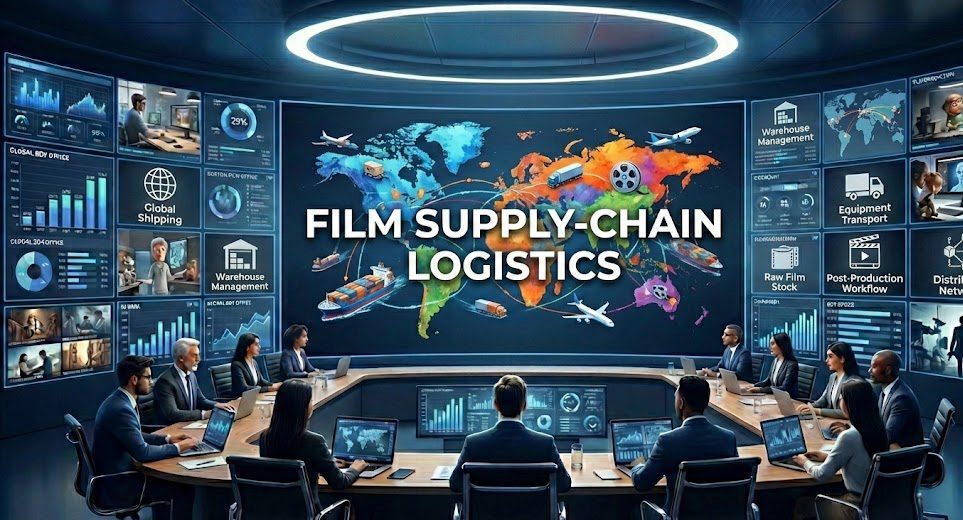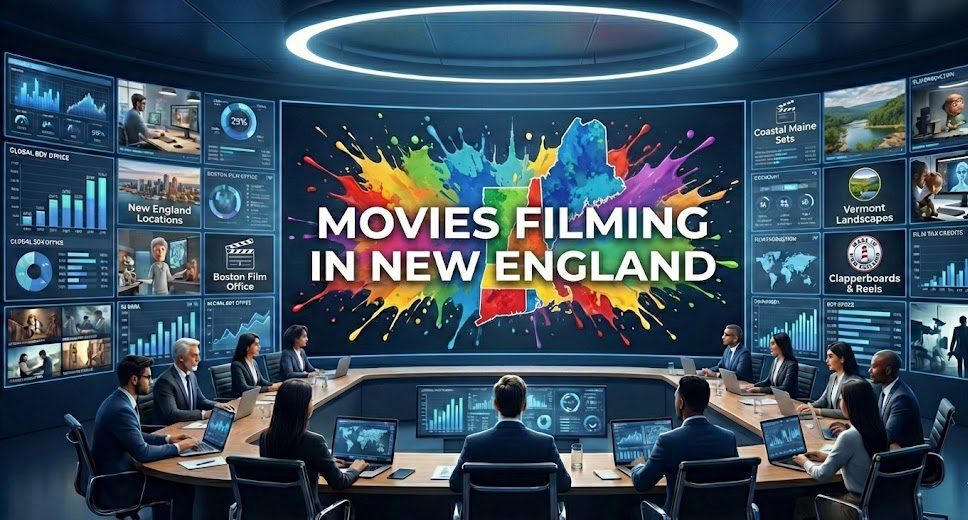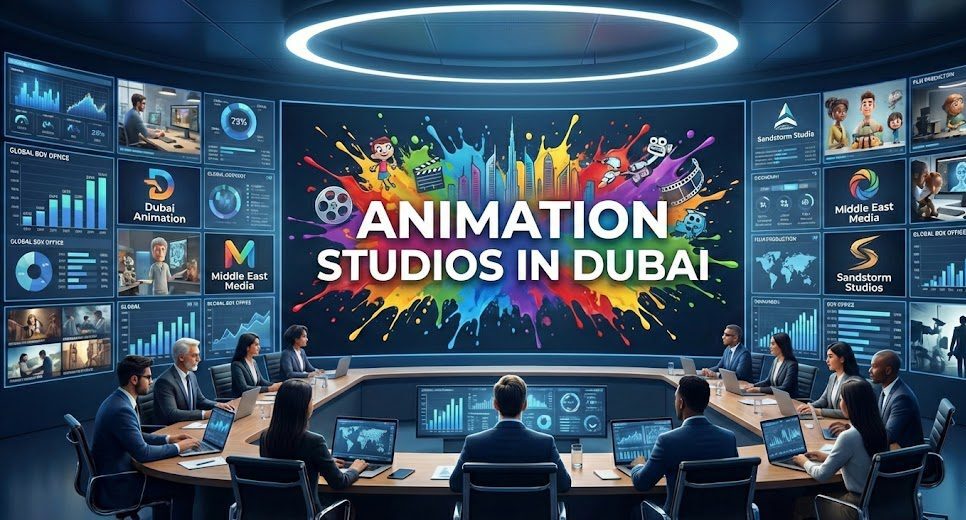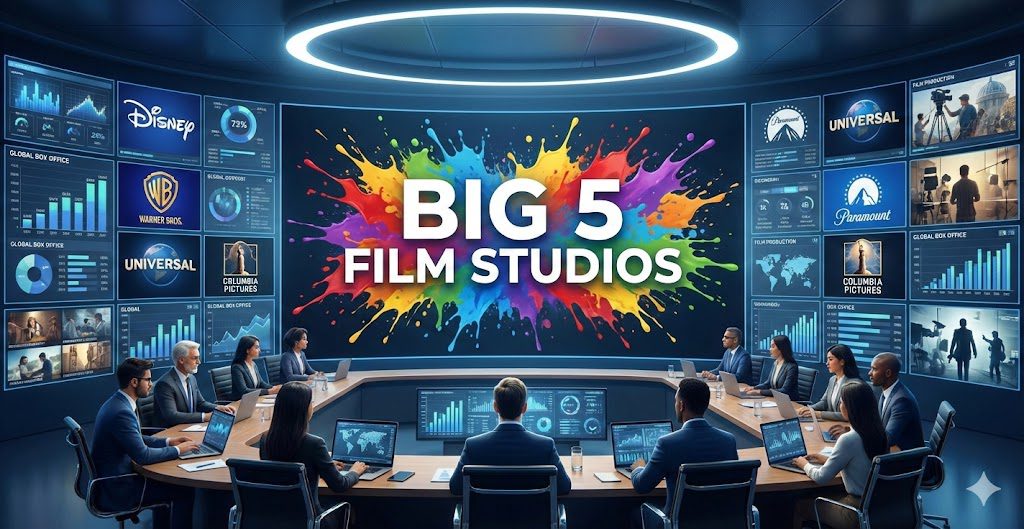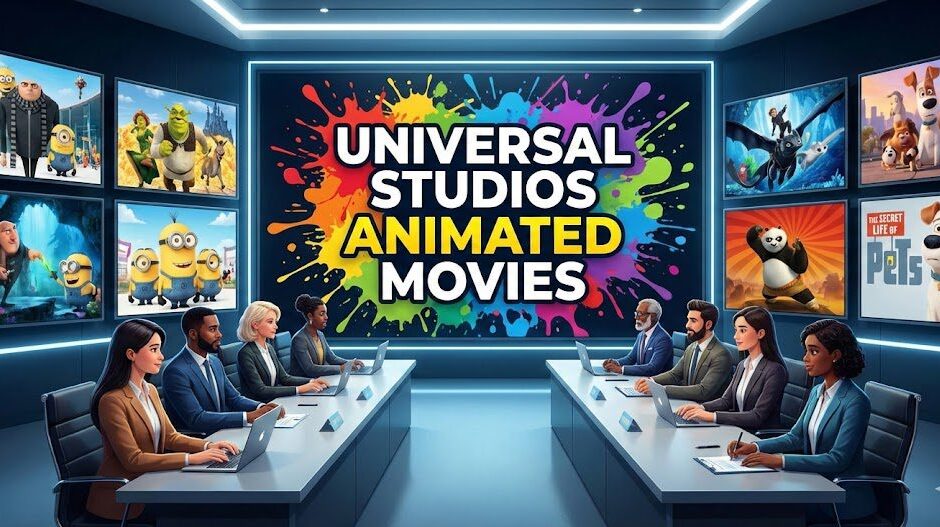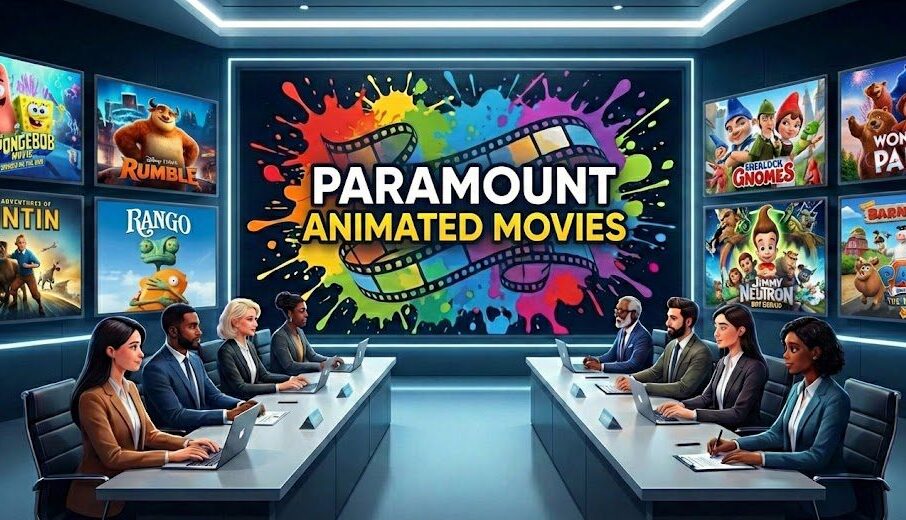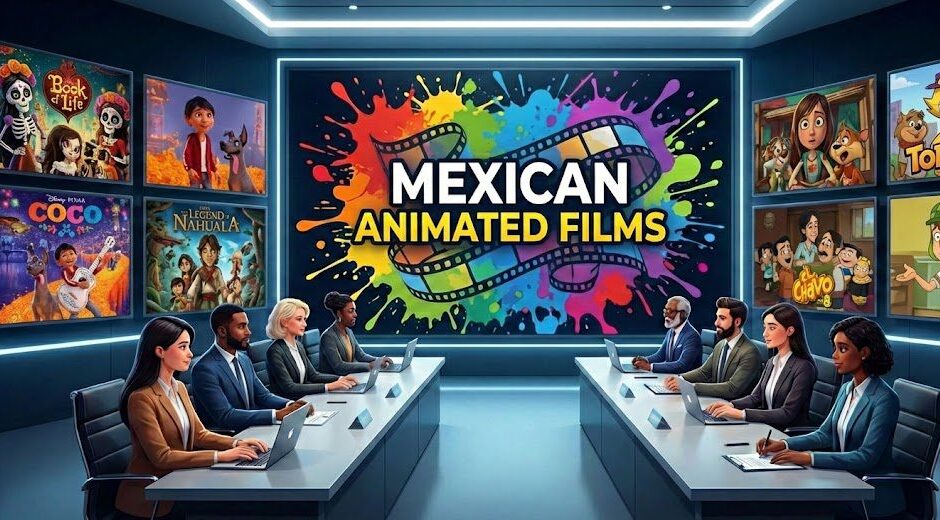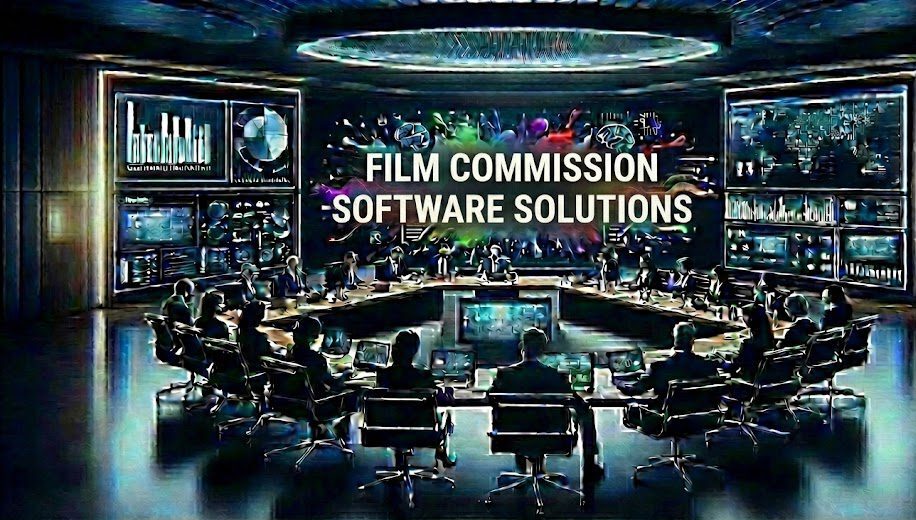Introduction
Let’s be honest. The streaming wars aren’t just about tech or pricing anymore. They’re won and lost on one thing: content. In a world with endless options, the real challenge is buying content for streaming that not only grabs but also holds an audience’s attention.
Spend millions on the wrong film or series, and you’ll watch your subscribers churn. But get it right?
You create a blockbuster hit that defines your brand.
It sounds simple, but we both know it’s not. You’re under pressure to find hidden gems, justify huge budgets, and outmaneuver competitors who are all fighting for the same proven hits. It’s a high-stakes game. In this post, I’m going to walk you through a 4-step framework to master your content acquisition strategy, reduce risk, and consistently secure content that delivers massive value.
Key Takeaways
| Key Takeaway | Actionable Insight |
|---|---|
| Define Your Niche | Stop trying to be everything to everyone. Use data to identify underserved audience segments and build a content library that caters specifically to them. |
| Master Data-Driven Sourcing | Move beyond traditional markets and relationships. Leverage global content databases to discover high-potential content before your competitors do. |
| Evaluate with Precision | Don’t rely on gut feelings. Use predictive analytics and performance metrics to accurately forecast a title’s potential ROI and cultural impact. |
| Streamline Your Workflow | Use a centralized platform to track deals, manage supplier relationships, and monitor market trends, saving time and reducing costly errors. |
Is Your Competitor Outsmarting You?

Step 1: Build a Bulletproof Content Strategy
You can’t buy the right content if you don’t know what “right” means for your platform. A weak or vague strategy is the fastest way to waste your budget. It’s time to get surgical.
Know Your Audience (Really, Really Know Them)
Who are you buying for? If your answer is “everyone,” you’re setting yourself up for failure. You need to go deeper.
- Analyze Your Subscriber Data: What content formats do your most loyal users watch? What genres have the lowest churn rate? Identify the common threads.
- Identify Content Gaps: Look at your current library. Where are the holes? If your subscribers love true-crime documentaries, but you only have two, that’s a clear opportunity.
- Build Audience Personas: Go beyond demographics. Are you targeting “Thrill-Seeking Millennials” or “Comfort-Craving Gen X”? Each group has vastly different content tastes.
Spy on Your Competitors (Legally, of Course)
Your content strategy doesn’t exist in a vacuum. Knowing what your competitors are buying is crucial for positioning your own service. You need to ask:
- What major deals have they announced recently?
- Which genres are they doubling down on?
- Where are their libraries weak? A competitor’s weakness is your opportunity.
Manually tracking this is a nightmare. This is where using a real-time project tracker becomes a game-changer, giving you a clear view of the entire entertainment landscape.
Step 2: Hunt for High-Performing Content
With a clear strategy in hand, it’s time to find the content. The days of relying solely on major festivals and old-school relationships are over. The best deals and hidden gems are often found in less obvious places.
Where to Discover Content to Buy
The global content market is massive. To be effective, you need to look everywhere. This includes:
- Film & TV Markets: Events like Cannes, TIFF, and MIPCOM are still important, but they are crowded and competitive.
- Independent Producers: Thousands of smaller production companies are creating incredible, high-quality content that might be a perfect fit for your audience.
- Global Distributors: Look beyond Hollywood. Content from markets like South Korea, Turkey, and Scandinavia is driving huge engagement worldwide.
Finding and vetting these global suppliers is a huge challenge. You need a centralized, global database to efficiently source and connect with them. Without it, you’re flying blind.
Step 3: Evaluate and Value Content Like a Pro
So you’ve found a title that looks promising. Now comes the million-dollar question: What is it actually worth? Gut feelings and hype are dangerous. You need data to back up your decisions.
Key Metrics for Content Valuation
When evaluating a potential acquisition, you need a scorecard. Here are the metrics that matter:
| Metric | Why It Matters |
|---|---|
| Audience Affinity | Does the content’s target audience match your core subscriber base? A mismatch means low viewership, no matter the quality. |
| “Completer” Rate | How many viewers watch the entire series or film? This is a powerful indicator of engagement and satisfaction. |
| Comparable Title Analysis | How have similar titles performed on your platform or on competing services? This provides a baseline for potential performance. |
| Social Buzz & Talent Score | What is the level of online conversation? Does the cast have a strong, engaging social media presence? This can drive organic marketing. |
Gathering and analyzing this data for hundreds of potential titles is impossible to do manually. A robust content intelligence solution is essential for making smart, fast, and defensible decisions.
Ready to Build an Unbeatable Content Library?

Step 4: Negotiate and Close the Deal
Once you’ve decided to move forward, the negotiation begins. The structure of your deal is just as important as the price you pay.
Understanding Deal Structures
Buying content for streaming isn’t a one-size-fits-all process. The main deal types include:
- Exclusive Licensing: You get the exclusive rights to stream the content in specific regions for a set period. This is the most common model.
- Non-Exclusive Licensing: You can stream the content, but so can other platforms. This is cheaper but offers less competitive advantage.
- Co-Productions: You partner with a production company to fund and develop new, original content. This is higher risk but offers massive upside and ownership.
- First-Look Deals: You pay a premium to get the first right of refusal on content from a specific producer or studio.
Your choice of deal structure should align directly with your content strategy. For a tentpole title, exclusivity is key. For filling a niche content gap, a non-exclusive deal might be more cost-effective.
How Vitrina Transforms Your Content Buying
I’ve walked you through the complexity of buying content for streaming.
It requires a sharp strategy, global sourcing, data-driven evaluation, and smart negotiation. Doing this effectively without the right tools is slow, risky, and inefficient. Vitrina was built to solve this exact problem. Our platform provides a single source of truth for content acquisition teams.
We help you discover content from over 65,000 companies, track competitor activity in real-time, analyze content performance data, and connect directly with sellers, all in one place. It transforms your workflow from a fragmented, manual process into a streamlined, data-powered engine for growth.
Conclusion
The game of buying content for streaming is more competitive than ever. But by building a data-driven strategy, expanding your sourcing network, evaluating with precision, and negotiating smartly, you can build a content library that audiences love.
You don’t have to guess what will work. The data and tools are available to help you win. You just have to use them.
What’s the first strategy you’re going to try? Let me know in the comments.
Ready to stop guessing and start making data-driven acquisition decisions? Take the first step. Sign up on Vitrina and see how our platform can revolutionize your content buying strategy. Visit to get started.
Frequently Asked Questions
The biggest mistake is buying content based on personal taste or industry hype rather than data. A title that wins awards might not resonate with your specific subscriber base. Every acquisition must be justified by how it serves your audience and business goals.
It varies widely. Major blockbuster deals and original productions can be planned 18-24 months in advance. However, opportunistic library acquisitions and licensing deals can happen much faster, sometimes in just a few weeks, to fill immediate gaps in a content schedule.
Both are critical, but retention is arguably more important for long-term health. High-profile “acquisition” titles draw people in, but it’s the depth and quality of your entire library that keeps them from churning. A balanced strategy addresses both.
Don’t try to outspend them. Outsmart them. Find a niche and own it. Super-serve a specific audience (e.g., horror fans, classic film buffs, international drama lovers) with a curated library they can’t get anywhere else. Use data platforms like Vitrina to find high-quality, affordable content within that niche.




























